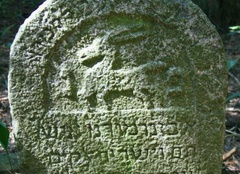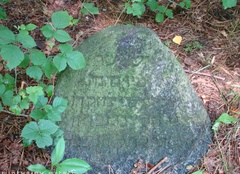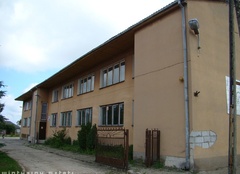Brok
Pronounced “Brahk” (Russian: Брок, Hebrew: ברוק, Yiddish: בראָק / Brok)
Jews first settled in the town of Brok in the late 1700s and early 1800s. In 1815 Brok was incorporated into Congress Poland, a state of the Russian Empire.
By the 1820s Jews made up about 12 to 16 percent of the town’s 1,200 estimated inhabitants. They often worked as innkeepers, traders and beer brewers among other professions. Jewish bakers of Brok gained recognition throughout the region for their matzah (unleavened bread eaten during the festival of Passover).
The growing Jewish community built a wooden synagogue and mikvah (ritual bath) in Brok during the 1840s. A Jewish cemetery followed in 1852 and in 1855 the Jewish community received permission to establish a synagogue district. The district included the synagogue and cemetery as well as housing for the local rabbi and other local officials. Charitable organizations provided care for poor and sick members of the community.
Brok also developed as a summer resort town. A guidebook from the period reported tourists sometimes viewed the Jewish residents of Brok as a local attraction, especially during the ceremony of ritual cleansing that took place at the riverbank during the Jewish New Year. Jewish craftsmen and traders grew thriving businesses and a number of kosher restaurants catered to the town’s approximately 1,400 Jewish residents (about one half of the total population in 1890).
However, poor economic conditions around the turn of the century meant that large numbers of people began emigrating from the region in search of better opportunities in the U.S. and elsewhere.
After World War I (1914-1918) Poland regained its independence as a state. Approximately 870 Jews were counted in the town in 1921, several of whom served on the local city council. As antisemitism gained strength throughout Europe large numbers of the Jewish population were attracted to the Zionist movement that advocated the creation of a Jewish state in the Middle East.
Survivor Bill Orlin was born in Brok on May 28, 1932. His father worked as a tailor while his mother stayed home with Orlin and his younger brother. Orlin remembered attending synagogue with his grandparents where, in accordance with traditional Jewish customs, “my grandmother used to sit upstairs, my grandfather downstairs.”
Like most Jewish boys in Brok, Orlin went to cheder (Jewish kindergarten) before enrolling in Polish elementary school. However, the outbreak of World War II on September 1, 1939 brought an abrupt halt to his education and Orlin never had the chance to attend.
German troops reached Brok on September 8. Forty Jews died in the fires that consumed the town and the wooden synagogue was burned to the ground. Many, including the family of Bill Orlin, fled eastward seeking safety in the Soviet Union. Orlin’s two youngest brothers were born in Belarus and Uzbekistan as the family struggled to survive. Jewish families who could not escape far enough east found themselves back under Nazi control as German forces gained territory in the Soviet Union.
In 1942 any Jews found living in Brok were boarded onto cattle cars headed for the killing center at Treblinka. Of the estimated 1,000 Jews who lived in Brok before the war only about 30 survived the Holocaust.
Brok: Photographs & Artifacts
-
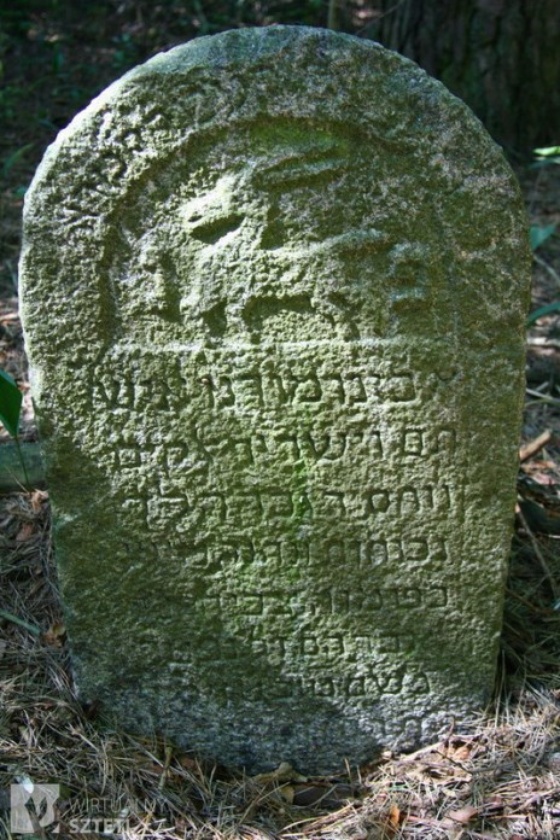 The Jewish cemetery in Brok, September 2009. Credit: sztetl.org.pl/Artur Cyruk
The Jewish cemetery in Brok, September 2009. Credit: sztetl.org.pl/Artur Cyruk -
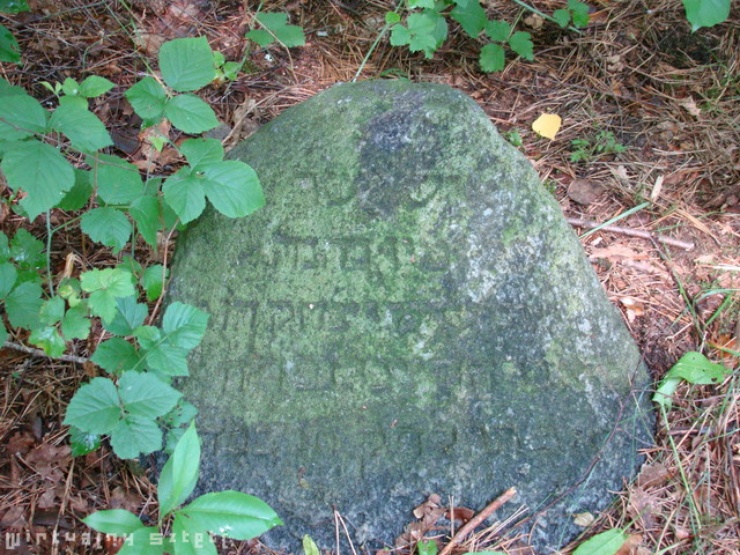 The Jewish cemetery in Brok, June 2011. Credit: sztetl.org.pl/yarek shalom
The Jewish cemetery in Brok, June 2011. Credit: sztetl.org.pl/yarek shalom -
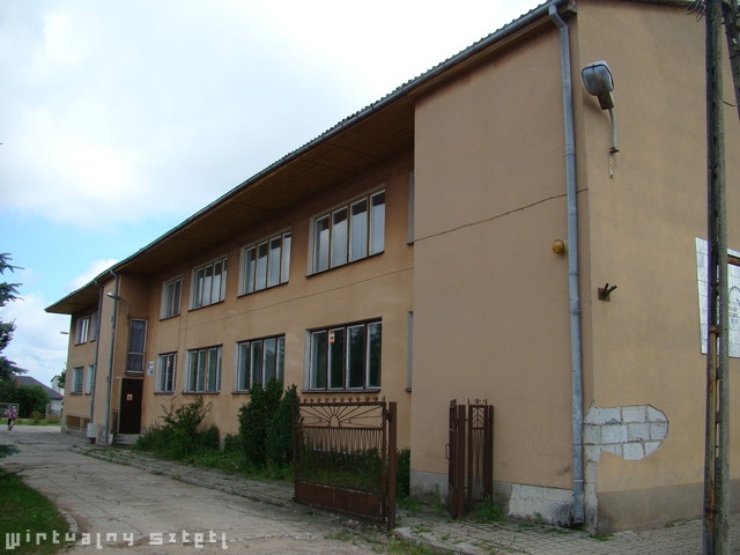 This building once housed the Jewish ritual bath (mikvah) in Brok, September 2011. Credit: sztetl.org.pl/yarek shalom
This building once housed the Jewish ritual bath (mikvah) in Brok, September 2011. Credit: sztetl.org.pl/yarek shalom
Destroyed Communities Memorial Slope
Brok: Survivors
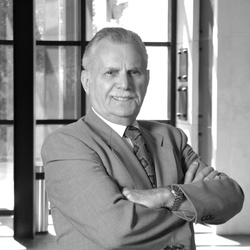
Life in these United States has been wonderful. It has been a long journey from Brok in Poland to Russia, Belarus, Uzbekistan, Ukraine, Germany, Canada, and finally to the U.S.A. ...These are the best times of our lives for my wife and me. G-d bless America.
